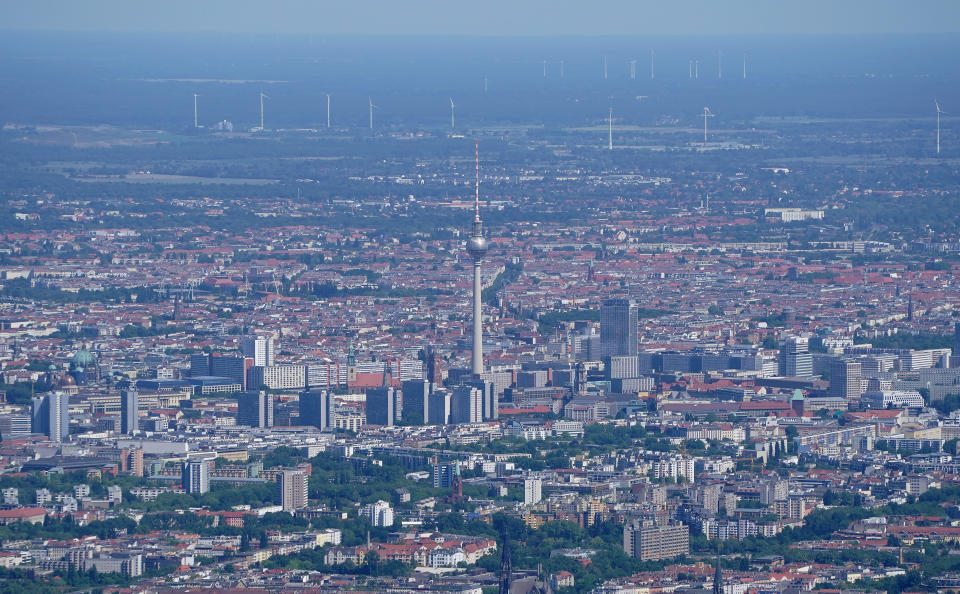Number of suspected money laundering cases in Germany doubled in 2019

The number of suspected money laundering and terrorist finance alerts received by Germany‘s central federal authority for receiving, collecting and evaluating suspicious activity reports surged by nearly 50% in 2019, according to the latest annual report from the federal Finance Intelligence Unit (FIU).
The FIU logged a record 114,914 suspected cases in 2019 — an increase of 37,500 since 2018 and a twelve-fold rise since 2009.
The majority of cases of suspicious activity were flagged to the FUI by credit institutions — more than 103,000 reports. However, it saw increase in cases flagged by non-finance sector companies, including property agencies and casinos.
“One problem for us is that the prosecution of money laundering is not traditionally well established in Germany,” FIU boss Christof Schulte told Tagespiegel newspaper.
The FIU said that a third of the suspected cases in 2019 were domestic cases. In terms of suspected international laundering cases, there were many concerning France, including the opening of fraudulent accounts at German online banks.
READ MORE: Central bank expects ‘very strong’ German economic growth this summer
Suspicious transactions were also flagged between Germany and the Netherlands, Switzerland, Turkey, Russia, China, the US, Italy, and the UK.
In its 2018 annual report, the FIU had stressed the Germany’s property sector was “extremely vulnerable” to criminals washing their money through buying properties.
The anti-corruption charity Transparency International in 2018 urged Germany to tackle the mas sive money laundering issue in the country’s property sector. It said in a report that around €30bn ($35.7bn, £27.1bn)was laundered through German real estate in 2017, including by crime networks such as the Italian mafia.
The FIU attributes some of the increase in the number of reports it received in 2019 to growing automation at big credit institutions, and the impact of the Money Laundering Act.
The German parliament passed a number of anti-money-laundering laws towards the end of last of last year, including increasing oversight and restrictions on realtor companies, notaries, and auction houses.

 Yahoo Sports
Yahoo Sports